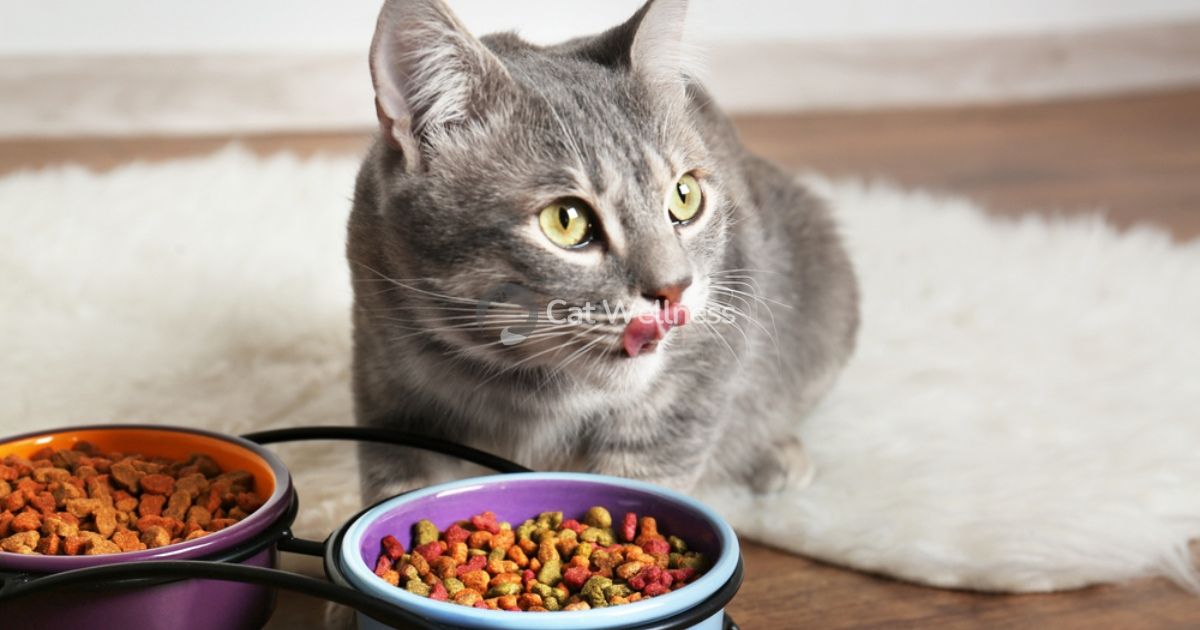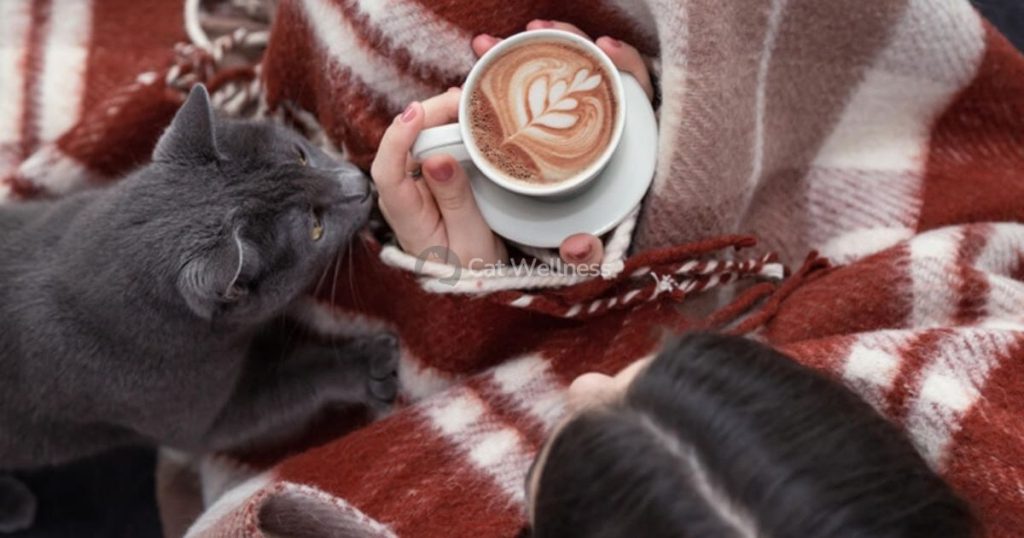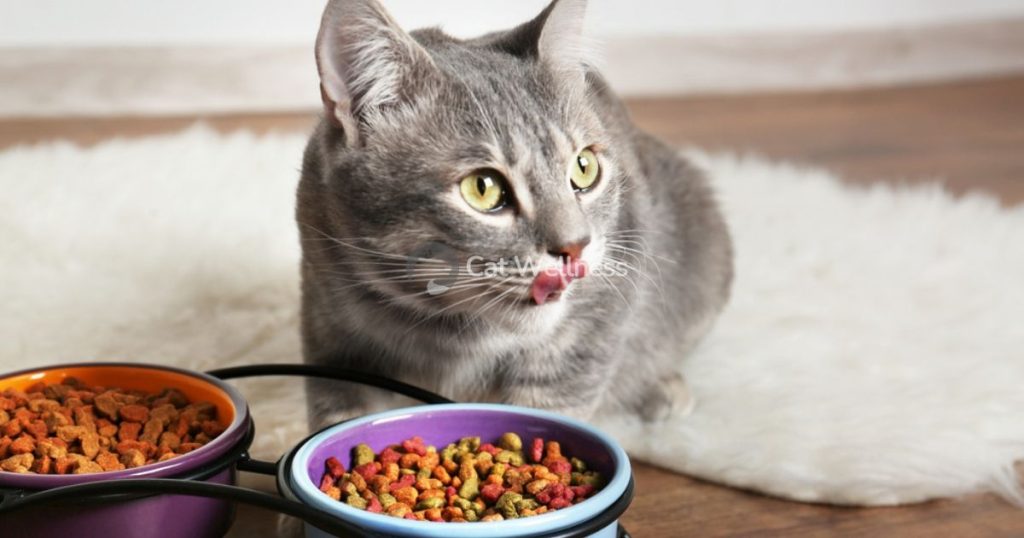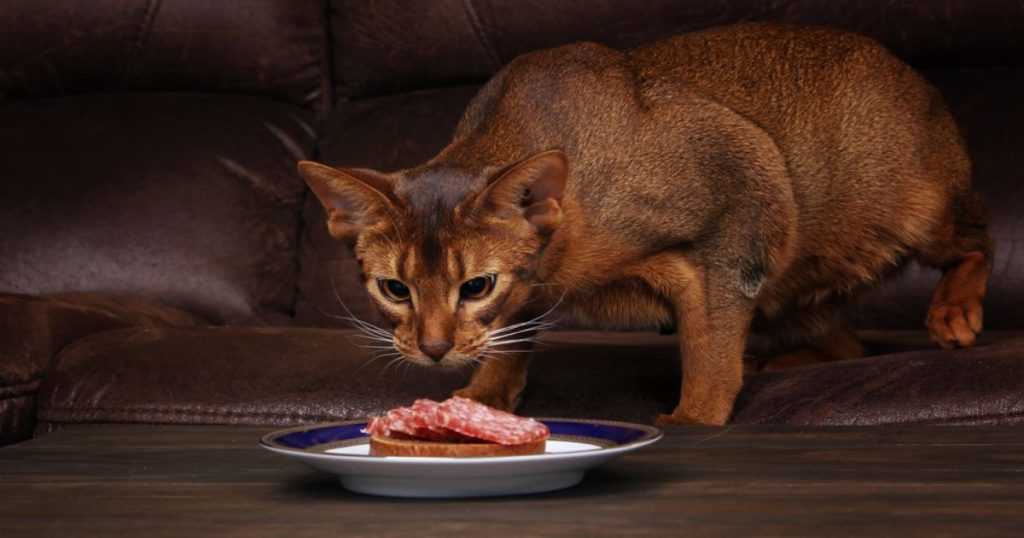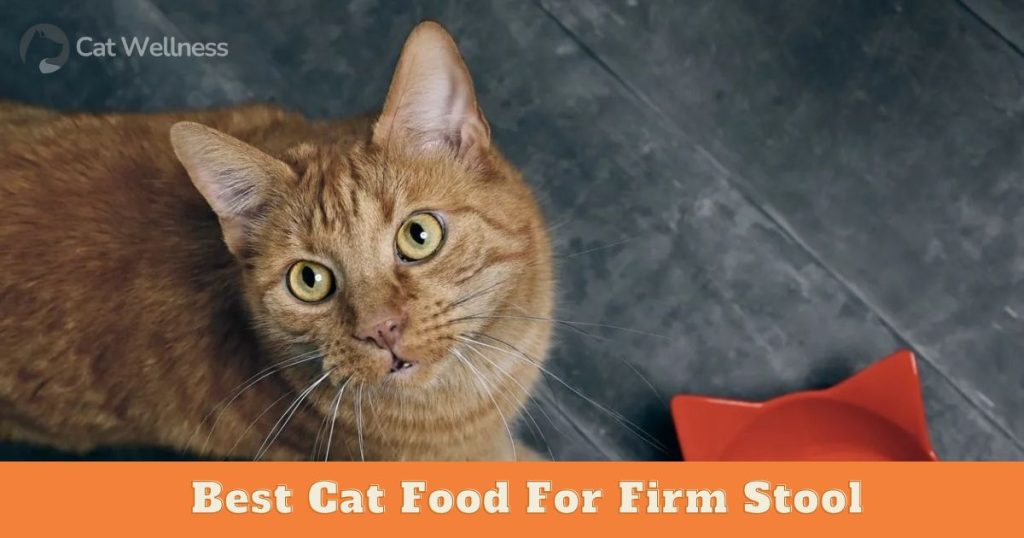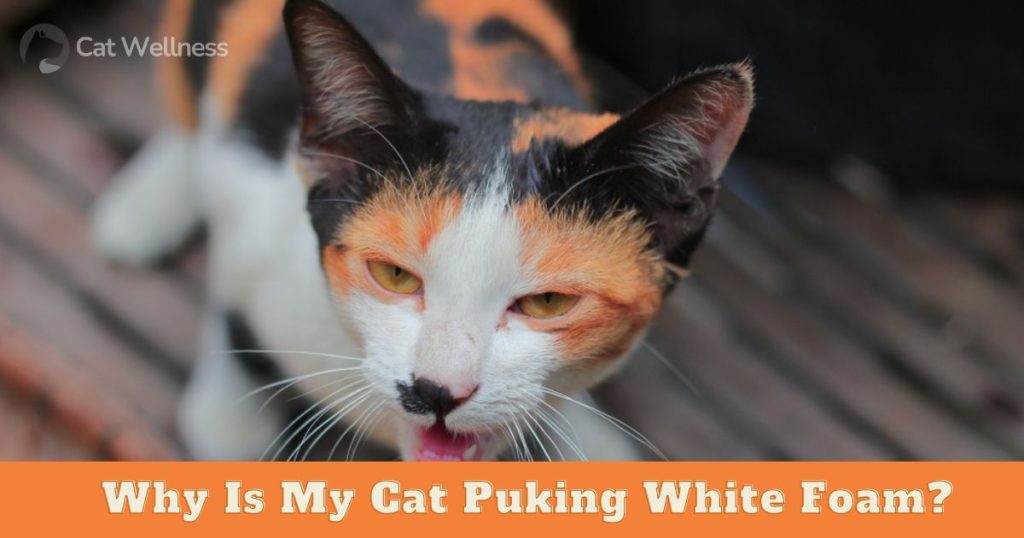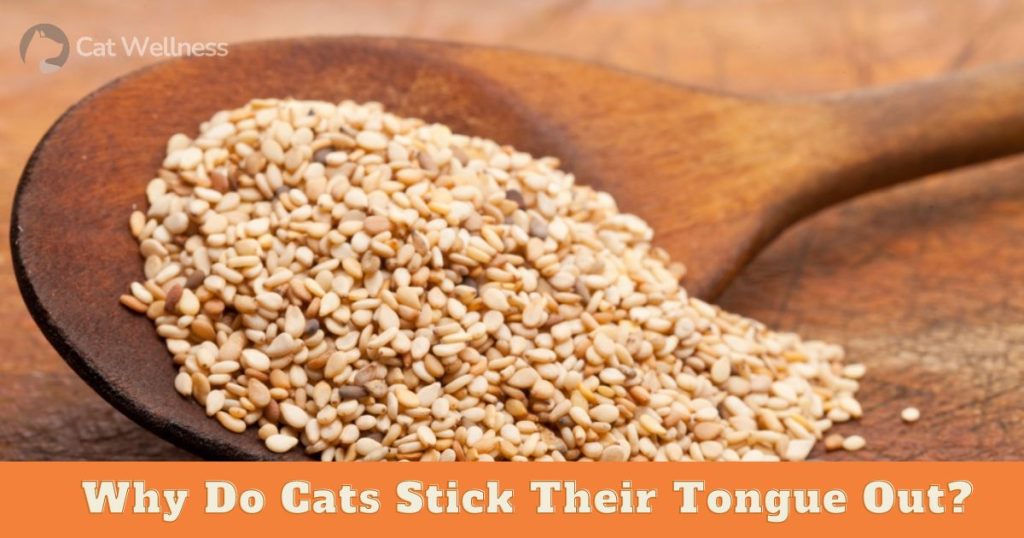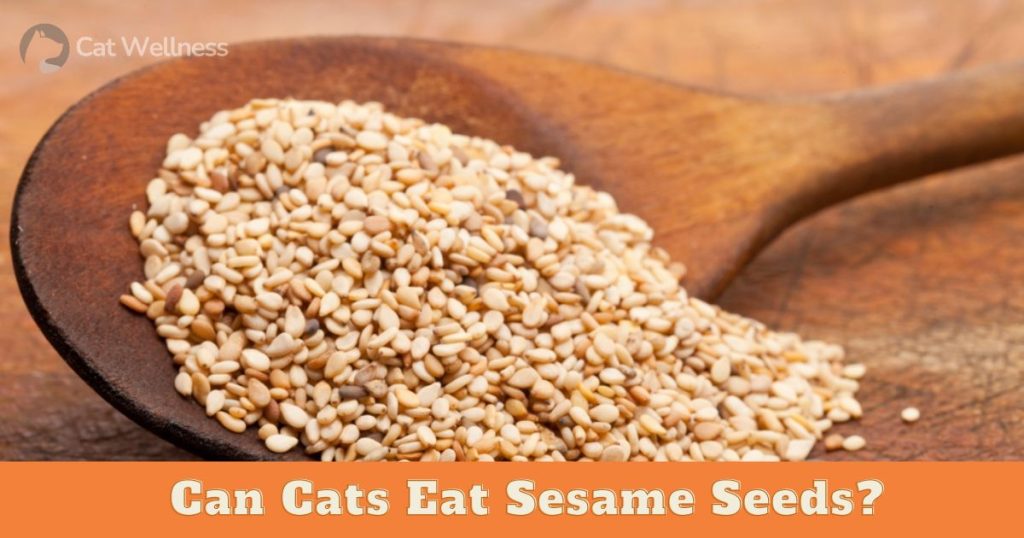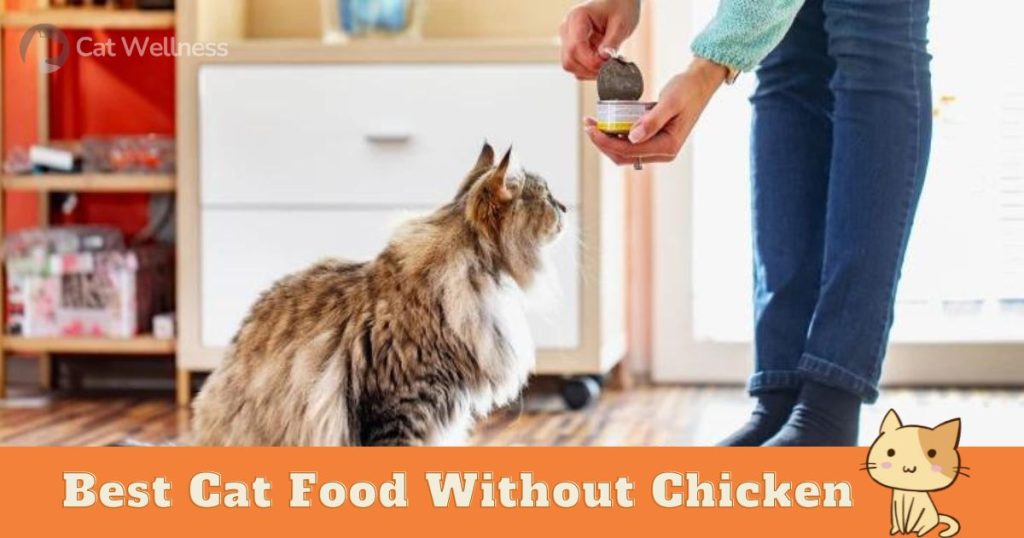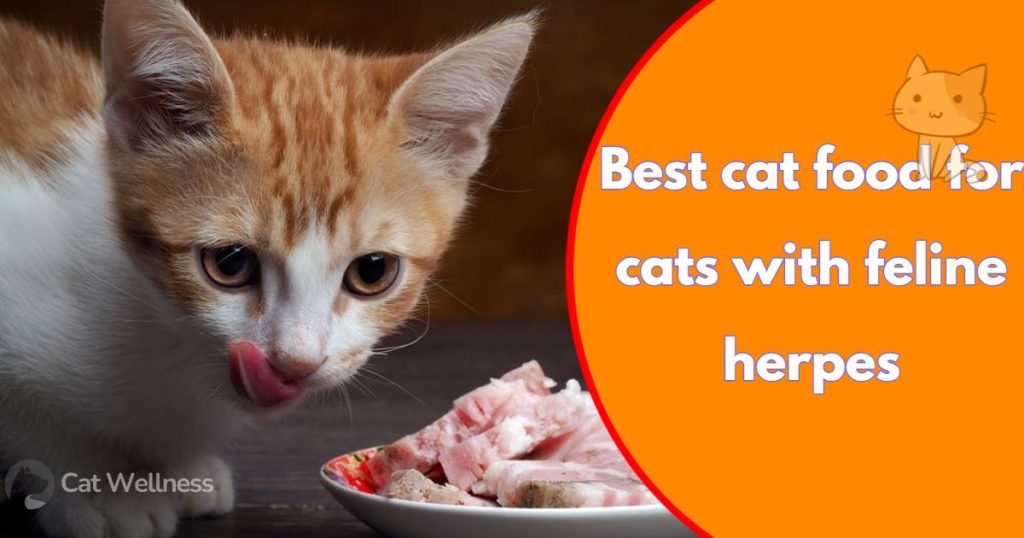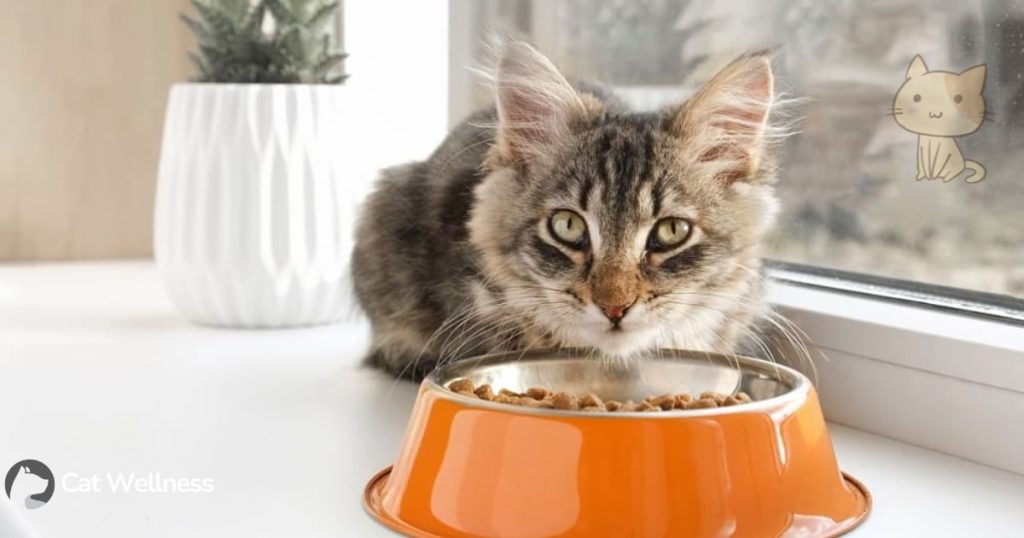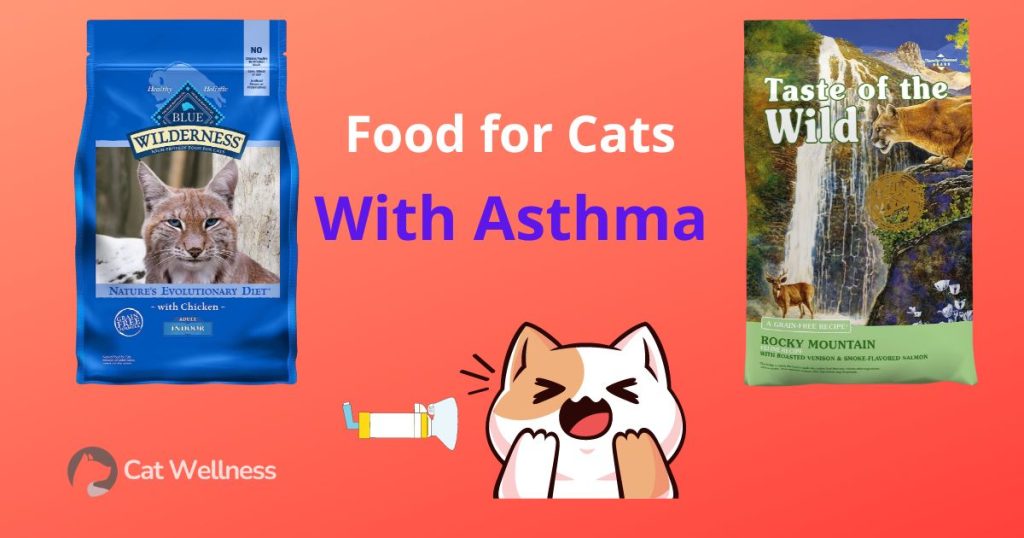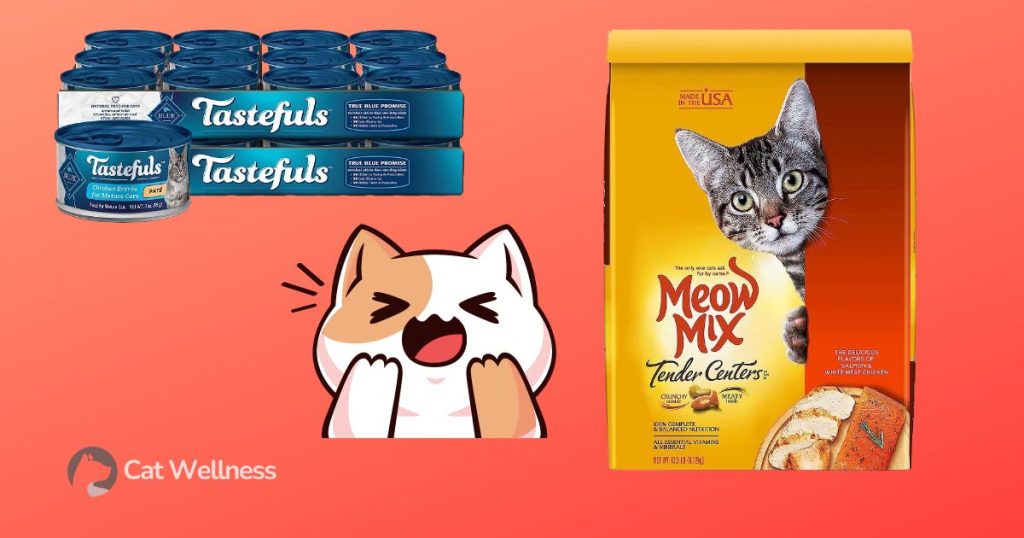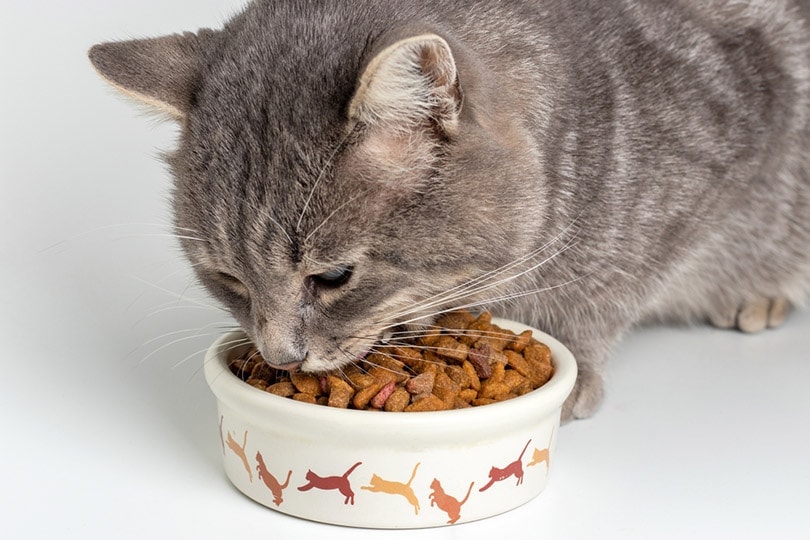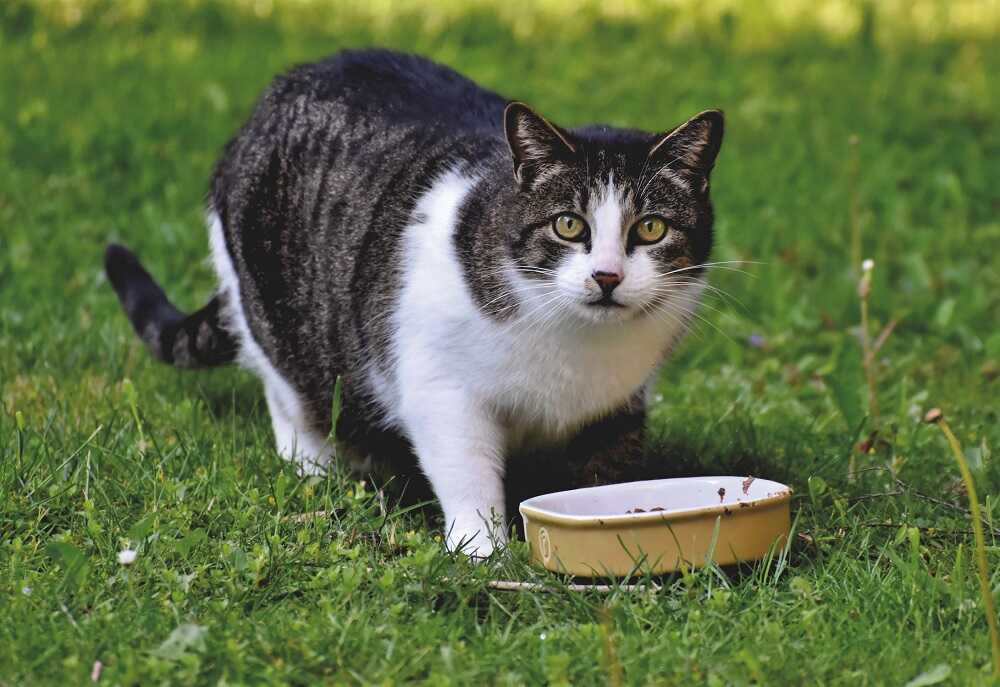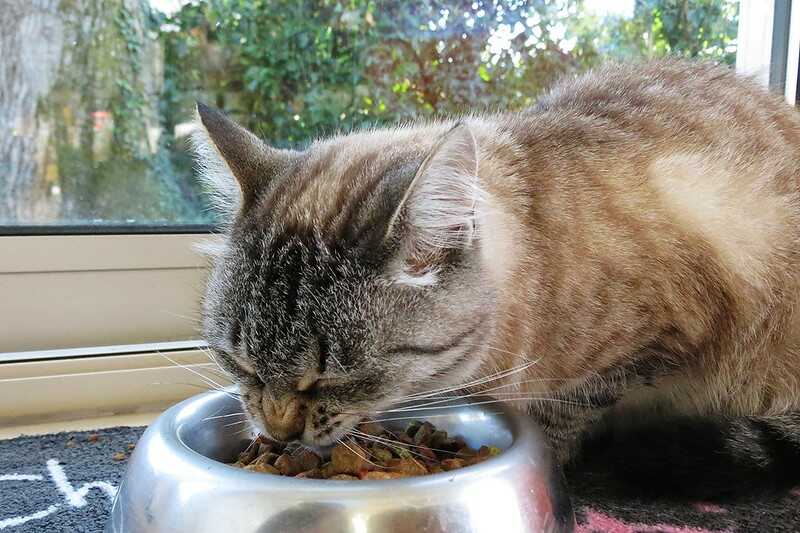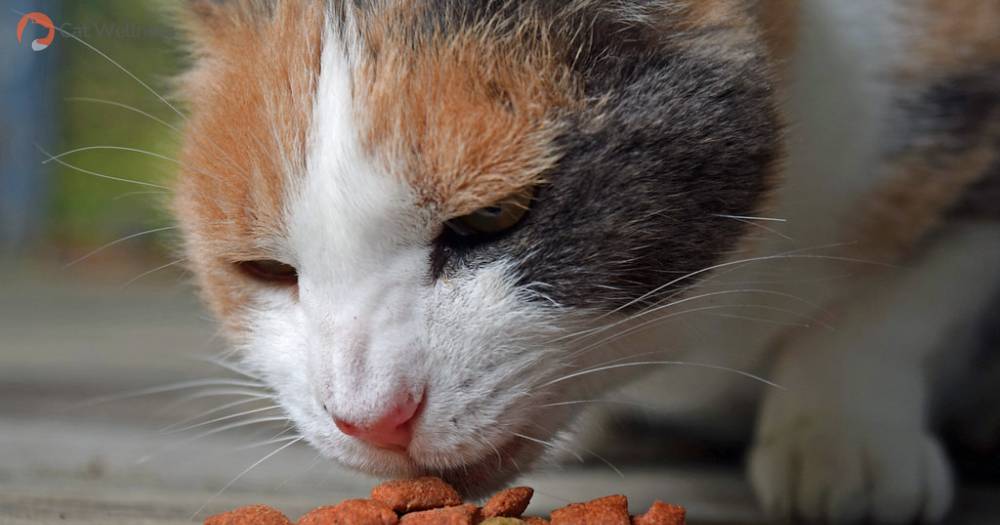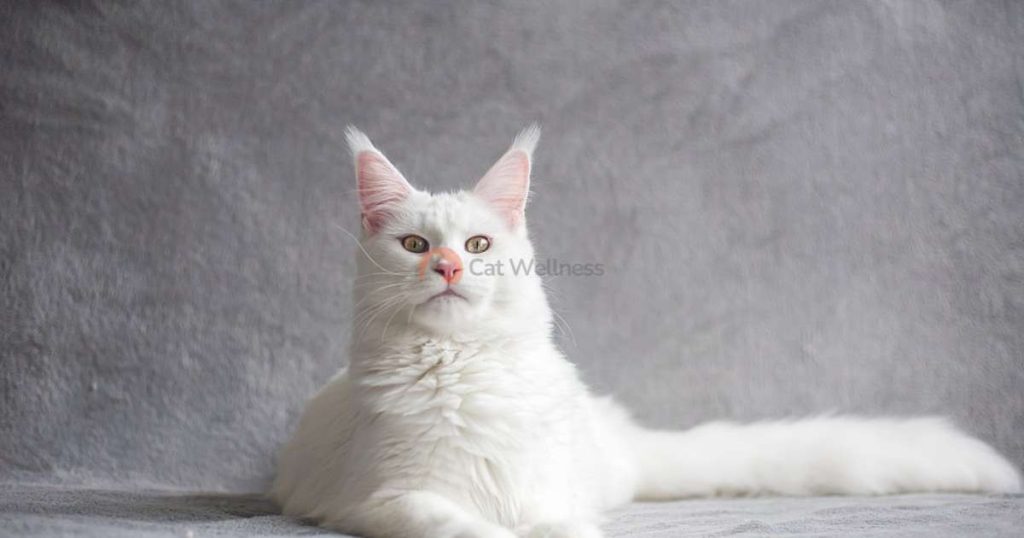When considering the dietary preferences of cats, it’s important to understand that our beloved feline friends have distinct nutritional requirements that differ from our own. While pistachios may be a delightful, salty, and crunchy treat for humans, the question arises: “Can cats have pistachios?”
The straightforward response is no; cats should avoid pistachios. Cats are obligate carnivores, which means their natural diet primarily comprises meat. While pistachios aren’t directly toxic to cats, they offer no nutritional benefits and can potentially cause health issues.
Can Cats Have Pistachios?
The short answer is no! Cats should not consume pistachios. While they are not poisonous to cats, like many nuts, they offer no nutritional benefits for felines. It’s best to refrain from giving your cat pistachios in any form, including pistachio-flavored treats like ice cream and whipped toppings, as these often contain dairy, sugar, and fat, which are unsuitable for your pet’s diet.
What Are the Potential Consequences If a Cat Consumes Pistachios?
Well, there are several reasons why it’s best for Fluffy to steer clear of these nuts. Firstly, pistachios are rich in fat. While some dietary fat is acceptable for cats, excessive consumption can lead to problems such as obesity and even more serious conditions like pancreatitis, which can be life-threatening.
Secondly, pistachios are often salted, and the high salt content can harm cats, potentially resulting in sodium ion poisoning. This can manifest with symptoms like vomiting, diarrhea, increased body temperature, seizures, and in severe cases, it can be fatal.
Lastly, both pistachios and their shells can pose risks to your cat. They can be a choking hazard, and if ingested, they might cause intestinal blockages. Additionally, the shells, if broken or splintered, can cause injuries to your cat’s mouth, esophagus, or digestive tract. So, it’s best to keep pistachios out of your cat’s reach.
Dangers of Giving Pistachios to Cats
While humans enjoy indulging in salty snacks like pistachios, responsible cat owners should avoid the temptation to share them with their feline companions. There are several reasons why pistachios should never be offered to your cat.
High Fat Content
Pistachios, like all nuts, are high in fats. While fats provide energy, excessive fat intake can lead to weight gain, contributing to obesity and related health issues.
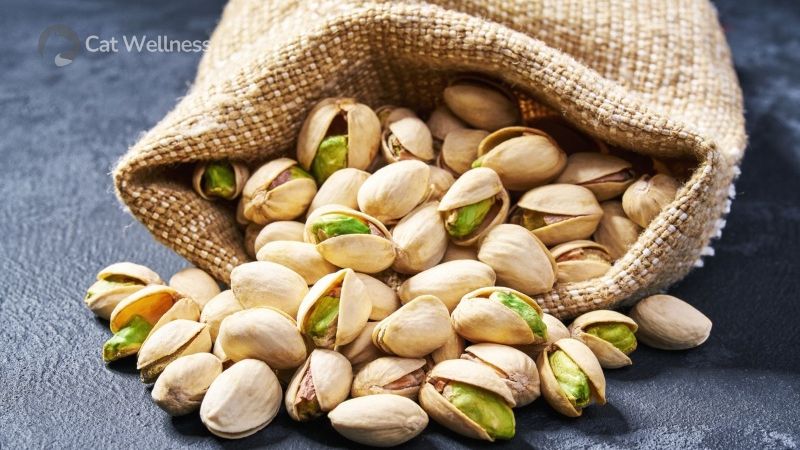
Furthermore, high-fat consumption can raise the risk of pancreatitis, an inflammation of the pancreas. Common signs of pancreatitis in cats include anorexia, lethargy, refusal to drink water, dehydration, vomiting, fever, abdominal pain, and discomfort.
Flavorings and Preservatives
In the past, pistachios were often dyed with artificial red colouring to stand out on store shelves, but this practice has ceased. However, the popularity of pistachios has led to various flavourings and additives that are harmless to humans but can be dangerous for pets.
Many pistachio flavourings contain ingredients like garlic and onion seasonings, which are toxic to cats. Additionally, certain preservatives used in pistachios, such as sodium benzoate, can be toxic to felines.
Choking Hazard
Pistachio nuts can pose a choking hazard, particularly for cats that are enthusiastic eaters. The shell of a pistachio is also risky as it can be a choking hazard or potentially harm your cat’s teeth if bitten with force. In some cases, pistachios or shell fragments can cause obstructions in your cat’s digestive tract, requiring surgical intervention.
Digestive Issues
Pistachios are rich in dietary fibre, which may have a mild laxative effect on your cat. While a small amount of fibre is generally fine, excessive fibre intake can lead to diarrhea. Cats also have difficulty digesting pistachios, and overconsumption may result in bloating and gassiness.
Fungus
Pistachios are susceptible to harbouring fungus, including aflatoxins. As the pistachio nut matures and its shell splits, it becomes more susceptible to certain fungal species, such as aflatoxins. If cats ingest too many pistachios, they risk poisoning from the fungus.
Human Foods To Avoid for Cats
While cats are not as persistent as dogs, they may still beg for food when they catch a strong smell. Some human foods in small quantities can be safe for cats, such as plain chicken or beef.
However, it’s essential to consult with your veterinarian or a feline nutritionist before giving your pet homemade treats. There are several foods and beverages that people enjoy but are harmful to cats.
Dairy Products
The idea of cats drinking milk from a bowl is an outdated stereotype that overlooks their lactose intolerance. Consuming too much cow’s milk can lead to diarrhea and vomiting in cats.
Chocolate
So, can cats eat Chocolate? Chocolate contains theobromine, which is toxic to both cats and dogs. A small amount, like a chocolate chip, may not require a visit to the animal hospital, but larger quantities can result in seizures, muscle tremors, or irregular heartbeats.
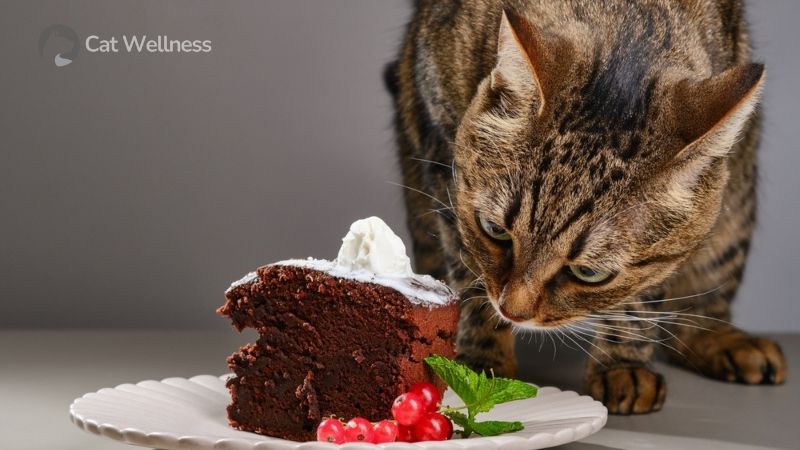
Garlic, Onion, Chives, and Shallots
All these ingredients belong to the Allium family of plants and are highly poisonous to cats. Even a few of these plants can upset your cat’s stomach, while larger quantities can lead to anemia and other health problems.
Caffeine
Caffeine, which many people rely on for energy, is unsuitable for cats. It can cause heart palpitations, muscle tremors, and rapid breathing in felines.
Alcohol
Unlike some of the previously mentioned foods, alcohol can be dangerous for your cat in any amount. According to PetMd, just a tablespoon of alcohol can put your cat into a coma, and a larger quantity can be fatal.
FAQs
How can I prevent my cat from eating pistachios?
Keep pistachios and other human snacks out of your cat’s reach. Store them in a secure container or cupboard to prevent accidental access.
Are there any nuts that are safe for cats to eat?
In moderation, some nuts like unsalted, plain almonds or cashews are considered safe for cats. However, it’s best to consult your veterinarian before offering any nuts to your cat to ensure they are safe for your specific pet.
Can pistachios be used as a treat for cats?
It’s not recommended to use pistachios as a treat for your cat. There are safer and more appropriate cat treats available on the market.
Why are pistachios not suitable for cats?
Pistachios are high in fat and can be challenging for cats to digest. They may lead to gastrointestinal upset, including vomiting and diarrhea. Additionally, the salt content in salted pistachios can be harmful to cats.
Can I share any human food with my cat?
While some human foods are safe for cats in moderation, it’s generally best to stick with cat-specific treats and food to ensure your cat’s health and safety. Always consult your veterinarian before introducing new foods into your cat’s diet.
Conclusion
In short, Can cats have pistachios? Although we may enjoy sharing our lives, and occasionally our meals, with our beloved furry friends, it’s essential to remember that their nutritional requirements are not the same as ours. Offering them treats like pistachios or various nuts can lead to serious repercussions.
It’s crucial to seek advice from your vet before adding any new items to your cat’s diet. Remember that your responsible pet ownership is vital for their health and overall welfare, and their nutrition is a crucial factor in this.
Recommended Reading

